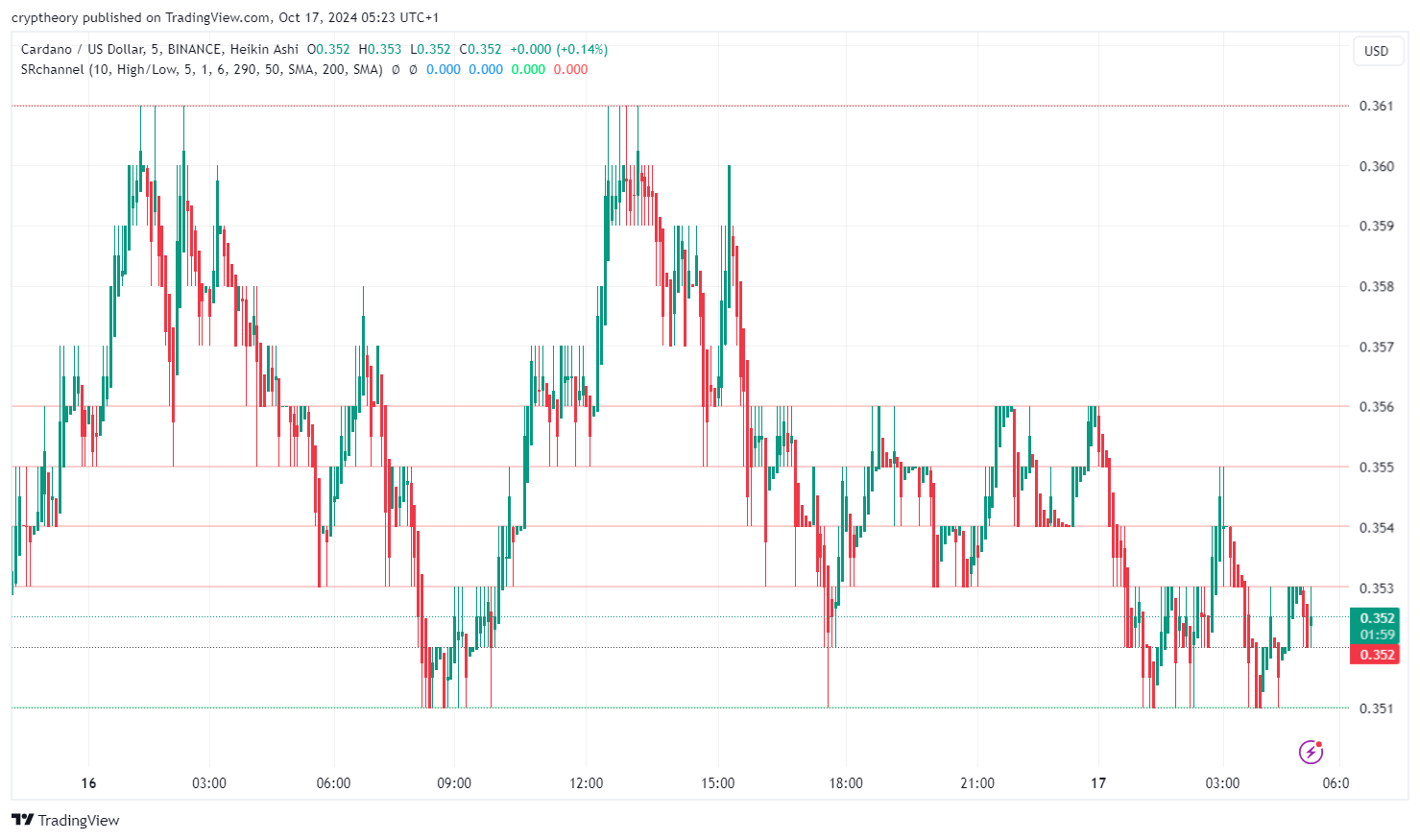Table of Contents
TL;DR Breakdown
- SEC is suing Ripple because it is a security.
- Ripple is very different from Bitcoin and Ethereum.
- XRP has never had a strong coin identity.
XRP’s lack of identity led to Ripple lawsuit

Ripple (XRP) was doing so well and showing so much potential only to crash and burn under the Securities and Exchange Commission ( SEC) thumb. The SEC announced Tuesday that they are filing a Ripple lawsuit against its chairman and CEO for selling $1.3 billion worth of XRP securities.
The issue at hand is a marketing one. The company is getting crucified for not defining the reality of its coin identity.
The SEC believes that the organization lied about the nature of XRP to retail customers. The Ripple lawsuit is occurring because its chairman Christian Larsen and CEO Bradley Garlinghouse acquired capital for Ripple through XRP sales.
Ripple has not registered the sales as it should, meaning the company has violated the SEC’s policies.
XRP a security or currency?

The Ripple lawsuit is to do with whether XRP is a security or a currency. If Ripple was seen as a currency, there would be no problem in the SEC’s eyes. Mr. Garlinghouse argues that it is a digital currency.
The SEC believes that XRP is a security for its organization. The confusion between the SEC’s idea of what XRP is and what Ripple believes is causing a rift between the two organizations.
The SEC believes that Ripple did not supply the people that invest in it with the correct knowledge to prepare for potential risk. Other cryptocurrencies like Bitcoin and Ethereum do not face the same problems as XRP because they are currencies in the SEC’s eyes.
Ethereum and Bitcoin are both mined, while XRP started with 100 billion coins ready to go. Ripple keeps around six billion XRP, and Mr. Larsen and Mr. Garlinghouse own a lot of XRP. 48 billion XRP are held in reserve for sales.
From a distance, XRP looks more like a security.
XRP identity issue

XRP’s identity issue goes back to when the coin was first launched. In 2013, one prominent Ripple investor spoke out about how he did not think Ripple would be established as a coin.
In an interview with tech crunch, Kevin Rose denounced how Ripple was a currency and instead promoted it as a transfer. Mr. Rose instead advertised the company as an exchange that would have a great relationship with the banking system to Google when he was the head of Google’s venture capital.
Ripple’s exchange identity

Ripple has never established itself as a coin but has grown in prominence as a company.
It is not a surprise that the SEC sees XRP as a security tied to its business’s success because Ripple is known mostly for being an exchange. The company has been pushing for closer relationships with banks, unlike many cryptocoins like Ethereum and Bitcoin, seen as currencies.
Most cryptocurrencies do not want to devout their energies into building closer relationships with banks because they are trying to dethrone them. Ripple stands out for the wrong reasons.
The SEC is catching on to Ripple’s lack of identity, as is everyone else.





















